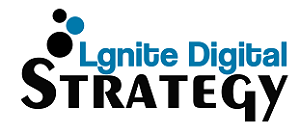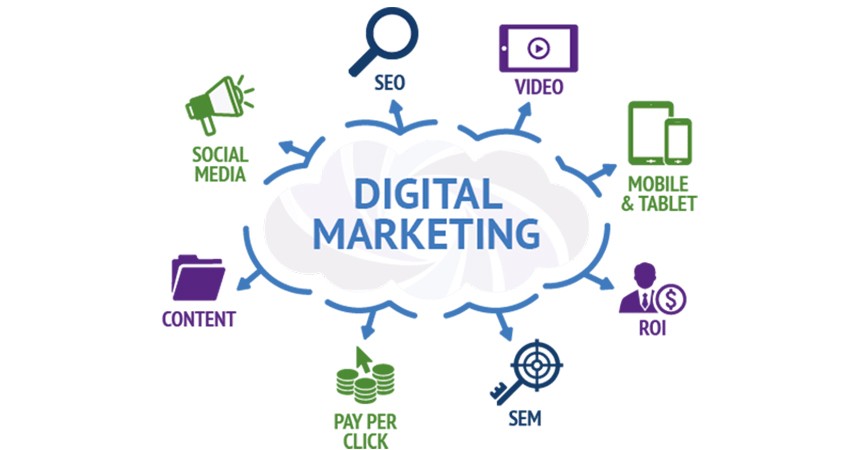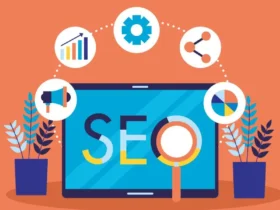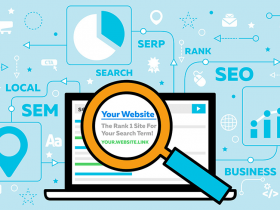For local businesses trying to drive more website traffic and sales, pay-per-click (PPC) advertising and local search engine optimization (SEO) should work hand-in-hand. Trying to rely solely on either tactic alone misses growth opportunities. When tightly integrated, PPC and local SEO together maximize your marketing results and ROI.
Thorough keyword research should inform both your local SEO and PPC campaigns. Identify geo-targeted keywords and phrases customers are using to search for your products and services in your area. Research monthly search volumes, competition levels, and optimization difficulty scores for keywords using Google Ads Keyword Planner and tools like SEMRush. Find the right balance of higher volume and more niche local keywords that serve different sales funnel needs. Select a target keyword list that aligns with your business offerings and location.
Set up conversion tracking
Before activating any campaigns, install comprehensive tracking like Google Analytics and Facebook Pixel across your website to measure conversions driven by each channel. Tracking phone calls and in-location conversions requires call tracking numbers and unique promotion codes. With accurate tracking, you can optimize the keywords and campaigns delivering the highest ROI.
local SEO companies near me recommend that small businesses establish a strong local SEO foundation over three to six months before pursuing other online marketing strategies. Get your Google My Business listing complete, build local citations and reviews, and create optimized local landing pages targeting priority keywords. This strengthens the baseline organic presence into which PPC will complement. Rushing into PPC without SEO can waste a budget better spent on SEO investments.
Launch PPC campaigns
With core SEO groundwork in place, introduce paid search and social campaigns targeted around your priority local keywords. Geo-modified PPC campaigns only show your ads to users within your target geographic area. Start with tightly focused campaigns optimized for conversion actions like contact form fills, phone calls, or map clicks. Scale up keywords and budgets over time based on performance.
The real-time nature of PPC provides valuable insights into how well keywords are converting visitors into customers. Monitor PPC keyword performance to identify top-converting keywords worth prioritizing in your SEO efforts. Similarly, analyzing which keywords are not getting clicks or conversions indicates opportunities to try new keywords with better potential through SEO content.
Enhance landing pages
Your PPC traffic lands on key pages across your website. Use these landing page experiences as conversion optimization tests for your SEO content. Improve page speed, layout, forms, trust signals, and calls-to-action on core landing pages. Changes that increase PPC conversions also boost SEO conversions when those pages rank organically. Continuously refine landing pages based on PPC visitor behavior. Examine search terms gaining traction through PPC that your SEO content could be better optimized for. Add these terms into SEO landing pages and blogs to capture that traffic through organic search over time. Also, identify high-value SEO keywords your PPC campaigns are not yet targeting to fill keyword gaps. Evaluating both efforts side-by-side improves coverage.










